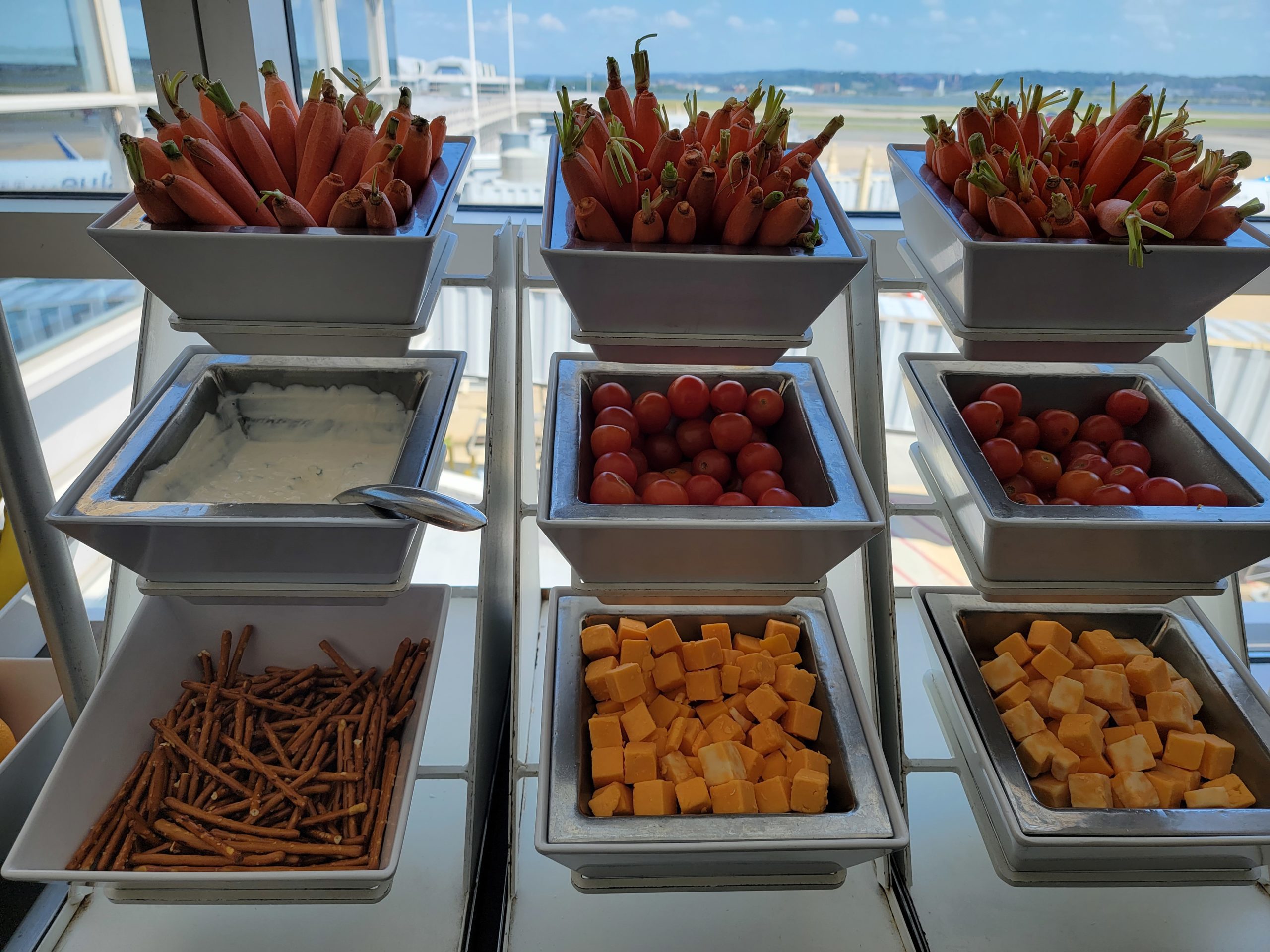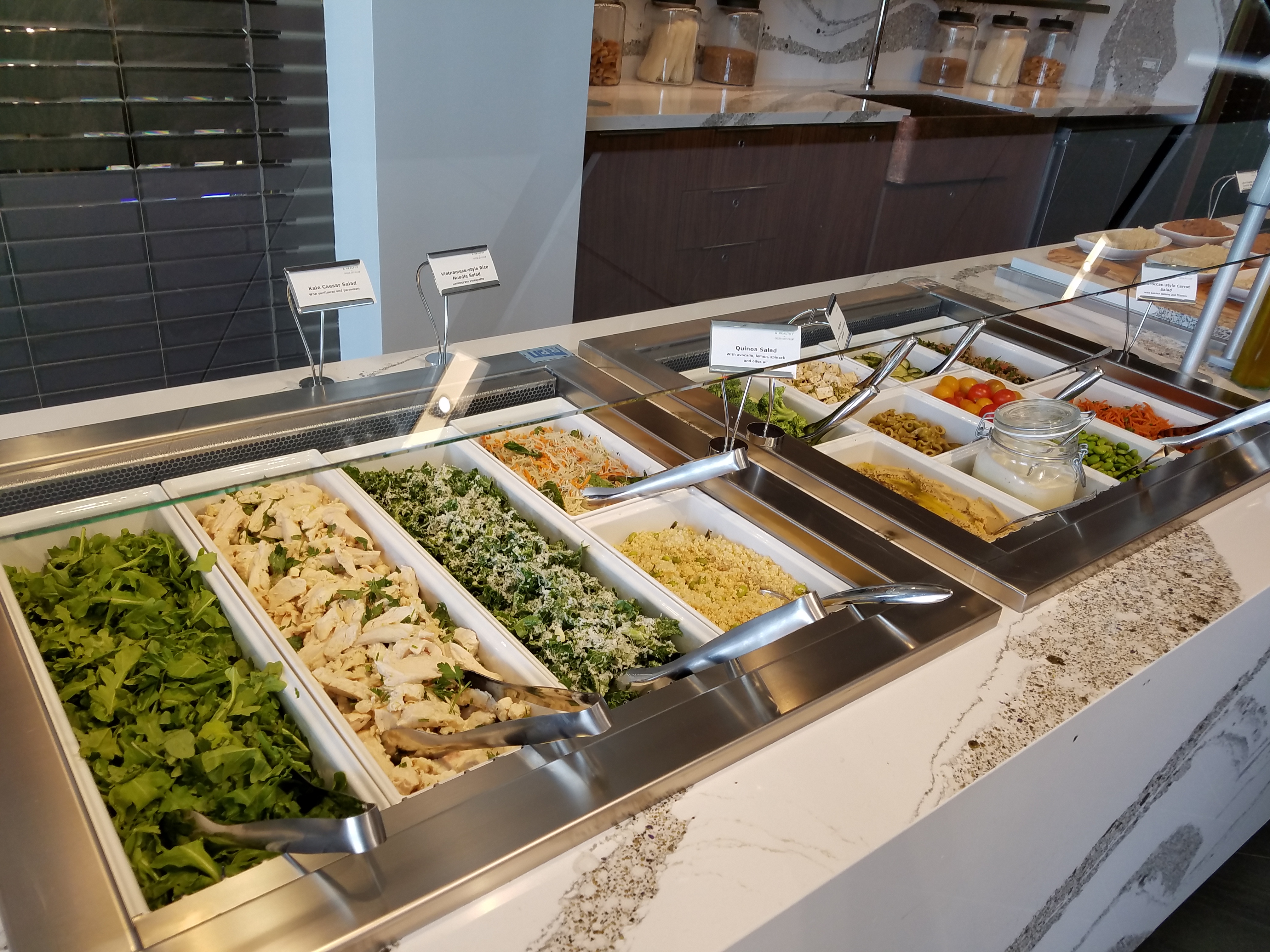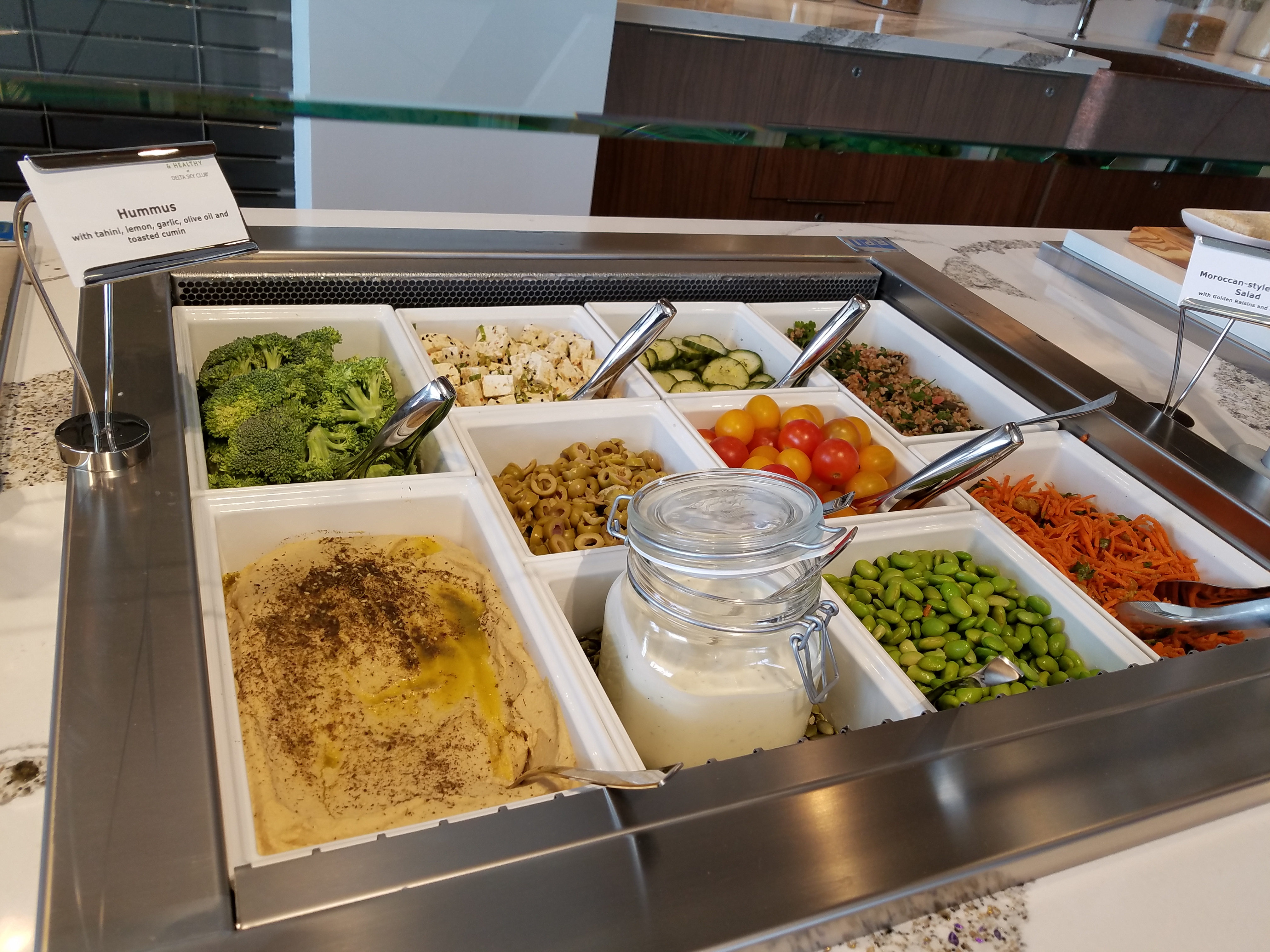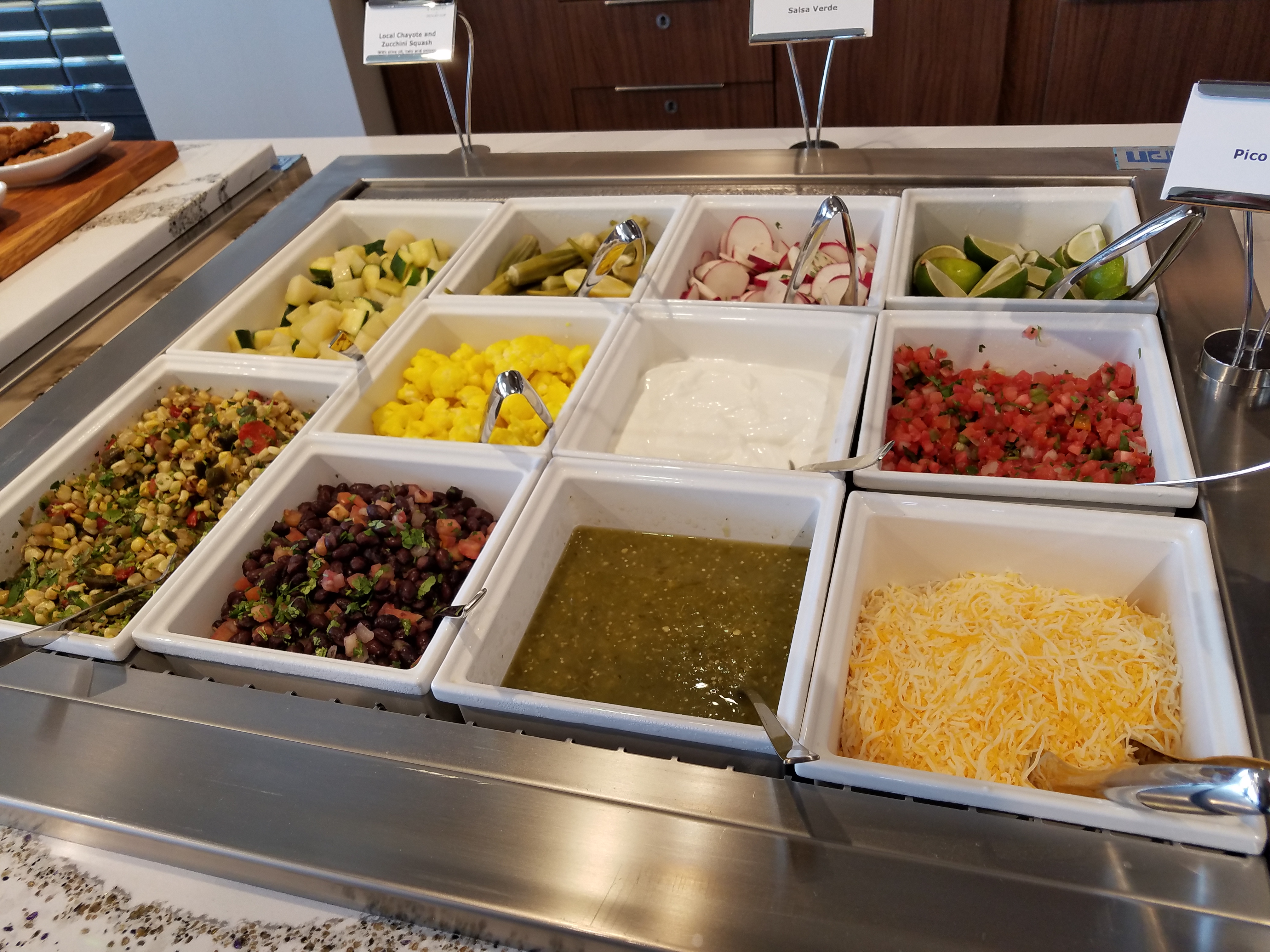90% of Americans say they’d choose not to fly an airline after a negative experience with customer support.
I’d like to believe that this were true. It’s coming from a company that sells customer support solutions, so it probably isn’t.
- People still accrue SkyMiles, and American Express still forks over billions to Delta so I have a hard time claiming ‘value to customer’ still matters. I can make lots of arguments about hubs and the historical brand value Delta had, but customers keep coming back for more abuse.
- Remember when people weren’t going to fly United anymore because David Dao?
Then-Spirit Airlines CEO Ben Baldanza famously replied-all to a customer complaint email by accident. He instructed employees not to compensate the passenger, because the next time Spirit’s fares were lowest that customer would come back anyway.
Before the pandemic Delta Air Lines was ‘better’ and they did earn a revenue premium. Their crews friendlier, their clubs a bit nicer, and they were the ones that were going to get you where you were going on time. The luster is off, and it’s underscored that there isn’t as much product differentiation between airlines as you might think.
Sure, some of them offer seat back entertainment screens and some of them don’t. They fly different places, and that route network may lead you to prefer one over or another (where you stand depends on where you sit… or live). American Airlines Chief Revenue Officer Vasu Raja talks about the route network being the product and not the food, service or seats.
That’s a constrained vision but it’s one that may describe the U.S. airline industry today. Let’s compare the spread at an American Airlines club (not captured: the banana, orange or snack tower of sadness)…

…with the spread from a newer Delta Sky Club.




Based on that one experience element Delta looks a lot better. On the other hand, Delta charges more for their clubs and you may not even get to the front of the line to get in before your flight boards.
It’s been tough to get through to airlines when you need them by phone but Delta has had a worse time of it than even American or United. And they aren’t as reliable as they once were.
There are enough airlines to be competitive but the airline industry doesn’t really compete over product in the U.S. domestic market. Part of that is how little space there is for differentiation,
- The airports are owned by governments (and thus airport experience is too)
- Security is mostly performed by government
- From the time a plane pushes back to the time it pulls into its next gate, it’s told exactly where to go by government
- Everything on board goes through a rigorous government process – you don’t think airlines were just allowed to hand out sanitizer to passengers on their own do you?
Customers develop a personal grudge against an airline and they may not fly it again. Until they develop a grudge against the next airline and stop flying it, too (and perhaps return to the first carrier). And if they’re hub captive the most they can do is cut up their co-brand credit card, after all the bank has rented the airline’s reputation to put its plastic into consumer hands. So the bank has to go buy even more miles to re-acquire that customer with a bonus. The airline wins!
For international travel customers may be willing to spend more to avoid an airline, the journeys are longer so they might even be willing to take a slightly less convenient schedule. Premium fares are higher and there’s more margin for airline to compete for by investing in product. So maybe that’s different. But the U.S. domestic market? I wish consumers cared more about what they got, and then maybe airlines would try to give it to them – and lobby for government to let them provide it.


A market with a limited number of players, variable costs and a somewhat captive market does not encourage quality over quantity. If more Americans realized how much pleasanter some of the foreign lines are they might demand better, but for the majority of travelers the experience has sunk to the level of an expensive and uncomfortable bus ride. Maybe the president of Sun Country put it best when he allegedly said something like, “Our passengers are flying for vacation. They’ll accept charges being added to everything.”
The Spirit CEO is absolutely correct. Todays modern flyer is driven first second and third by price.
Folks often say that the airlines are “greedy”. I don’t agree.
The airlines know that the only thing that matters to 90% of flyers is price. Therefore any action that can help to shave a few dollars off the cost of a ticket (I.e. less leg room, lousy food, no reps to answer the phone) is actually a smart investment.
Sad but true.
The same people who complain the most are also the same people who book the cheapest Spirit flights or United Basic fares.
Logical end game of the mega mergers. There is limited competition in the market and barriers to entry are significant
“Delta charges a lot more for its clubs.”
Given you get SkyClub access with the Amex Platinum, and many customers more than offset the annual fee with the credits from the card, I am not sure this is correct. For many, SkyClub access effectively costs $0.
Even the Delta Reserve, you can argue a companion pass is worth over $500 (annual fee is $550).
The extent to which customers are driven by price isn’t an either/or thing for most though. At least in my personal observations, many people will pay SOME sort of premium for a better routing/schedule and to avoid an airline or airport hub that they had a bad experience with. That doesn’t mean they will pay ANY amount of premium though. $475 vs $400 for a non-stop vs connecting? Sure a lot of people will fork over the extra $75. $700 vs $400 though? Few leisure travelers will take the more expensive non-stop flight in the second scenario.
I think part of it too is that so many people fly infrequently. I’ve talked to friends who can’t remember for sure who they flew with on their previous flight 2 years ago. And they definitely don’t know what aircraft type it was. They might remember feeling whether it was “good” or “sucked” but that’s all. It’s not like their dentist, or barber, or streaming service, or myriad other things that they are familiar with on an ongoing basis.
Then you also have corporate contracts (or similar) and company policies requiring lowest fares. As a Federal employee I’m locked in to whoever the GSA City Pair carrier is for a trip, unless I can come up with a justification for an exception. So even if I hate United, I and the rest of my organization may still end up flying them if they’re the CityPair carrier for our most traveled route for that fiscal year.
Airlines can’t maintain consistent customer experiences, though so it’s fruitless to expect customers to choose based on that
Oh Please, if he time is right and the price is right yes they will.
by your logic, Gary, a Kia is the same as a Mercedes.
Among other reasons, the latter is a whole lot harder for kids to take for a joy ride.
Of course people pay for quality where they see it and thye know full well the difference between a couple weekends of bad operations and a bad experience on a day in and day out basis.
Even DOT data says that there is a difference in airline service quality, every carrier struggled to varying degrees in some months up to June, but virtually all airlines have returned to pre-covid rankings and levels of service.
Do you realize, Gary, that there was just 1% more fights canceled in in June 2022 than in June 2019 and the on-time percentage was just on-tenth of a percent worse? ONE TENTH, Gary.
If my life was only one percent worse in every other category post-covid, I’d be exuberant.
Time to move on, Gary.
Not even the DOT’s own data backs up their or the media’s – including yours – narrative.
“If you lower expectations far enough, mediocrity begins to be seen in a positive light”
Airlines like many other companies have scaled back on the customer experience since the Plandemic and appear to testing the viability of not adding some services back in a effort to boost revenue.
I agree with the comment above that part of it is that so many people fly infrequently. Most people don’t know what they don’t know. They think all flying is awful and the same, and don’t realize it does not have to be. It does take a lot of knowledge to plan flying to be comfortable, but for frequent flyers, I think there is usually a light bulb that goes on at some point that says booking the cheapest flight is not worth it, and once you turn away from that and realize flying can be pleasant and interesting if you do it right, you won’t go back.
I will pay a bit extra to fly Alaska Air, because when something goes wrong, they really try to fix it.
In my case yes.
I used to have the choice between UA, AA/US, and Delta. I was Chairman’s Preferred on US, and my bride was a Senior F/A with them. I flew regularly on US from 2000-2013. Then as a company, we stopped flying for a couple of years. I went back with AA. By 2016 I had enough of the lost baggage (3 bags in 3 trips!), canceled flights, and not making meetings. I switched to Delta. Since then I have flown around 260,000 miles with them in the past 5-6 years and have only had a few minor issues and no lost bags. My company still insists that we have to take the cheapest flight, even with hard evidence that it will cost them money, usually in the added expense of additional meals, hotel, and rental car costs. I will pay out of my pocket to fly Delta if I have to. FWIW when my wife and I travel we can pass-ride on AA however, we buy tickets on Delta, quite often first class. I have tried AA a couple of more times in the past year, and they still suck on getting me where I need to go. They seem to have a major issue with the DFW-AMA. I tried it twice and had to drive 8+ hours both times when the flights to AMA were canceled and it was going to be 24-36 hours before they could “accommodate” me.
Yes the average American, probably 85-90% shop price alone. They get what they pay for.
Just a point.
The Kia will get you to the same place as the Mercedes.
Patti,
you do know that Kias and Hyundais are the target of significant ignition bypass efforts right now which is leading to very high levels of theft?
So, no, the Kia might not get you where you need to be at all.
By the same token by testimonials here, Delta gets some people there better than American – and sometimes the American “trip” has to be completed by car so say some people.
Some say similar things about Alaska and Delta.
The DOT’s own data indicates they both run to very different standards and obtain very different outcomes.
Oh, and the biggest indicator is that both ALK and DAL are much more profitable than AAL and UAL.
Maybe Alaska and Delta have figured out that delivering good customer service is good for business.
I wonder what per centage of Americans fly even once a year. Those that have never or almost never flown only have ticket price as a basis for comparison. Maybe those that fly over oceans are repeat offenders and start expecting better. That’s the way it has evolved for us.
Well of course, we all say that in the heat of the moment, but it makes very little sense. You have your loyalty plans, your miles, your upgrades … but really you have little choice. My home airport is SFO, so I can fly with anyone I want … but United consistently has the schedules I want, and there are all those miles to be had, or juicy awards to snag … so I just get over whatever little hissy fit I threw about whatever. Based on personal experience with Delta’s Customer Service over the last six months, they will definitely be my LAST choice in the future. Their domestic first class is not very impressive anyway. I’m eager to try Alaska in two weeks to New York … people always have nice things to say about Alaska Airlines.
@ Tim Dunn
Had a laptop stolen out of a locked Mercedes. Police said the gangs in Chicago had figured out the code/sound for unlocking.
In Economy, I expect a bus with wings
What cheeses me off is crappy offerings in business and first class. Charging double and pulling a curtain across while providing same seating, cheap food and and wine and lounges that offer embarrassingly bad selection of food
Just flew “business class” from Dubrovnik to Madrid on Iberia. Hands down worst business class experience I’ve ever experienced.
Here’s Tim, moving the goalposts just to try to save his argument.
I scroll through the comments from your articles and tend to get more insight than any survey that the company used to provide. I never have a problem admitting what I do for a living. I am a flight attendant, and customer service is very important to me. I am very good at what I do, and I don’t like seeing what has happened to the industry and to travel period. People are burned out at both ends, and don’t feel supported. But some of us are forgetting something very important….that customers had nothing to do with it. And customers sometimes have to remember that we are human too.